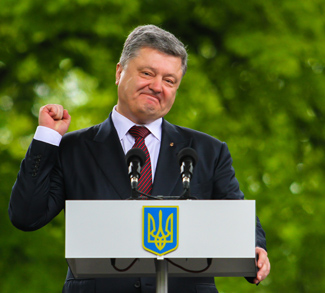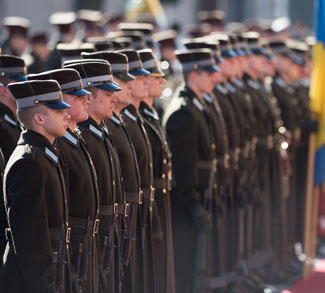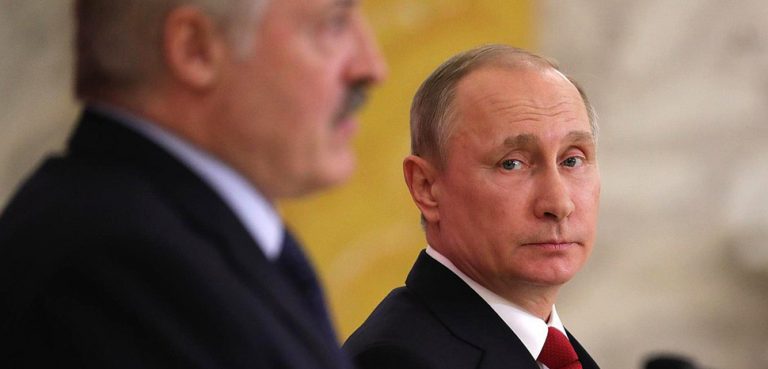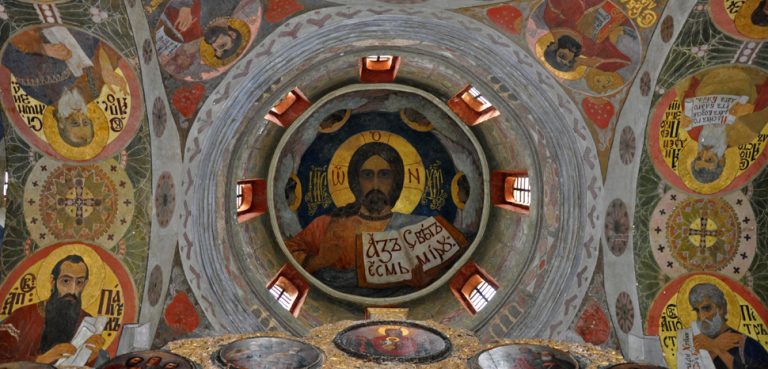Summary
Although Ukraine is still about two years away from its next scheduled elections – with both presidential and parliamentary polls due in 2019 – its domestic politics is already full of speculation about possible early elections, with parliamentary ones first up. Moreover, it seems that in recent weeks this speculation has only grown – especially with a scandalous September 10 breakthrough of the Ukrainian border from the Polish side by Mikheil Saakashvili, formerly president of Georgia and now a local opposition politician who has been stripped of his Ukrainian citizenship.
The current authorities in Kyiv, in power since the overthrow of the pro-Russian Yanukovych regime in February 2014, resolutely brush the very idea of any early elections away. Their logic is plain to see since the governing parties have by now lost much of the popular support that swept them to power three years ago. Contrast that to the gains made by opposition parties, who are now the main callers for early elections.
Thus, there are clear risks to domestic political stability over the short term. Tensions are running high, and as the polity resumes its battles in the legislature after the summer recess, the new political season promises to be quite lively at the very least.
Impact
The mystery of Ukrainian politics: Is there a coalition? Much of the current political infighting stems from an ongoing controversy over the shape, or total lack, of a governing coalition in the parliament, the Verkhovna Rada of Ukraine (VR). Following the February 2016 exit from the 2014 coalition of three smaller parties, the remaining duo of the Petro Poroshenko Bloc (BPP) and the People’s Front (PF) altogether provide less than the required 226 votes in the 450-seat VR (140 and 81 votes respectively). An official explanation is that the coalition also includes MPs from other factions, but no documents supporting this has ever been made public, even in the shape of lists containing concrete names. Hence the constant claims by the opposition that, legally, the coalition no longer exists. Yet in practice – at least when it comes to voting on critical issues – the same coalition does prove capable of passing decisions.




